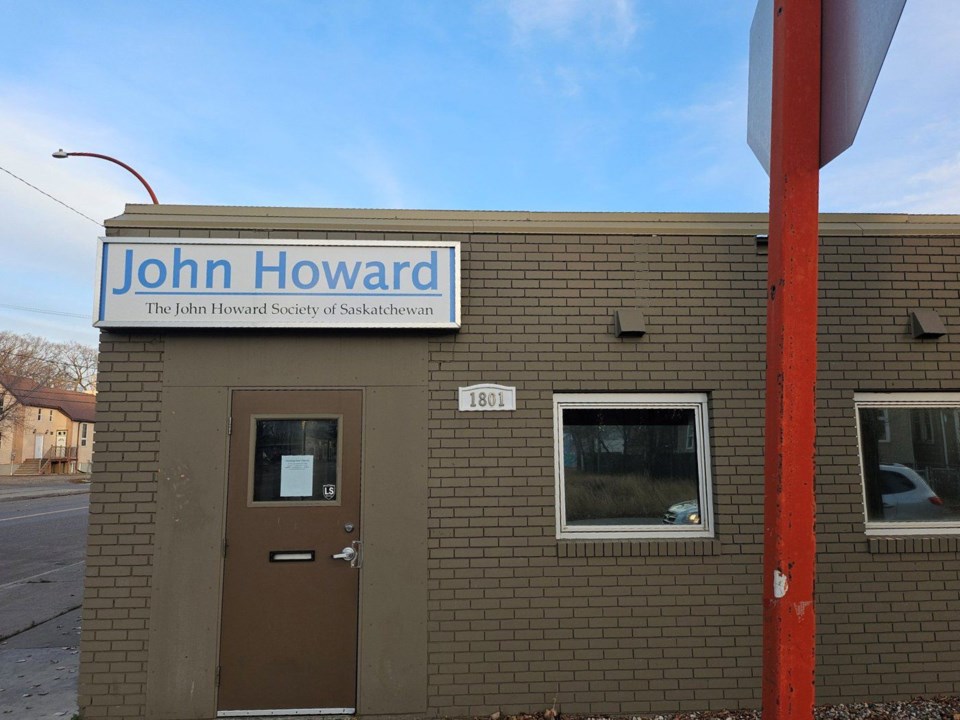REGINA — The John Howard Society of Saskatchewan (JHSS) believes in second chances and that, with a little help, it can help people find their path to success.
The record suspension services program, otherwise known as pardons, offers support to eligible persons with criminal records who want to receive a record suspension.
“We find that a lot of people with smaller convictions in the past who have had a criminal record for years, it really prevents them from going out and living a successful life, and really integrating into the community,” said Blair Roberts, director of external affairs at JHSS.
A record suspension does not erase a crime conviction but rather stops that information from being shared. To access these records, approval would have to be granted by the Minister of Public Safety and Emergency Preparedness.
“It’s a chance for old crimes that you have convictions for to not prevent you from having future opportunities for things like housing, educational opportunities, and employment,” said Roberts.
The cost of obtaining a record suspension is approximately $245, none of which would go to JHSS who provide caseworkers to assist applicants free of charge.
The fees pertain to fingerprinting, criminal record check, court documents, and an application fee.
The record suspension program is open to everyone in Saskatchewan. Eligibility is determined by several factors, including when the conviction occurred. There is a 10-year wait period for more serious offences and a five-year wait period for less serious offences.
According to JHSS, the criminal records they most often assist in getting a suspension for are fraud, trafficking and possession, possession with intent (firearms or drugs), theft over or under $5,000, and driving under the influence.
Since beginning the program in 2023, JHSS has assisted 19 individuals with record suspensions.
“These are all offences that had real impact and consequences. We would never suggest that a DUI or Fraud are ‘minor’ issues that should be taken lightly,” said Roberts.
“Removing someone’s criminal record is about taking responsibility for past mistakes and allowing people to move forward without the stigma and barrier of past mistakes preventing future success.”
Caseworkers at JHSS locations in Saskatoon, Regina, Prince Albert, and Moose Jaw are available for appointments and consultations, free of charge, said Roberts. They also travel to rural areas, including a recent visit to La Ronge, to ensure individuals in rural areas have access to the program.
The process can be lengthy, from 6 to 12 months, but Roberts said the first step is simply to start a conversation with JHSS.
“I think the biggest benefit is, this offers them some freedom, to remove the stigma, and allows them to move on and be a member of society that’s trying to give back to their communities,” said Roberts.
“Everyone makes mistakes, and everyone should have a chance to move on with their life after they’ve grown and learned to do better.”




